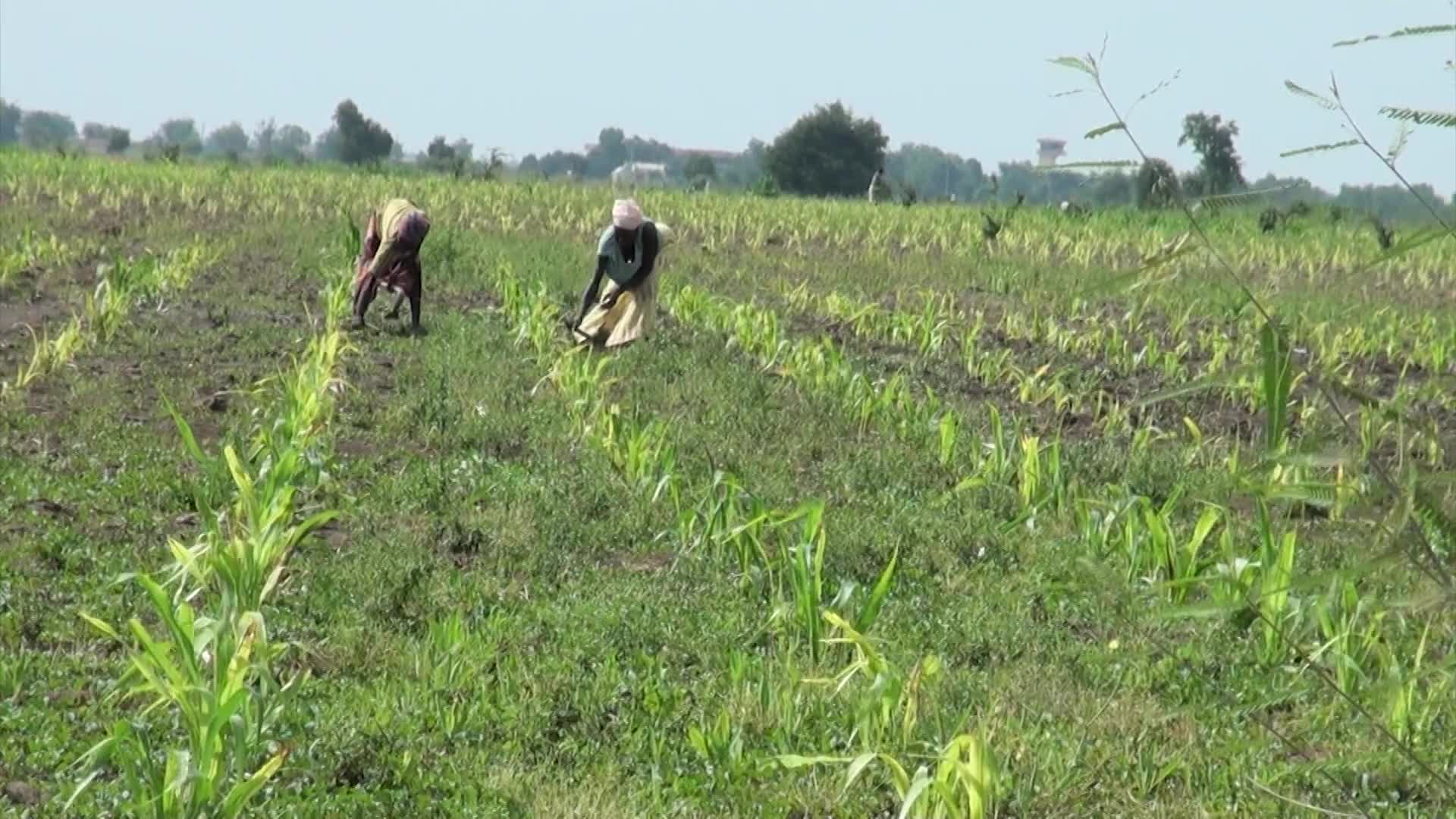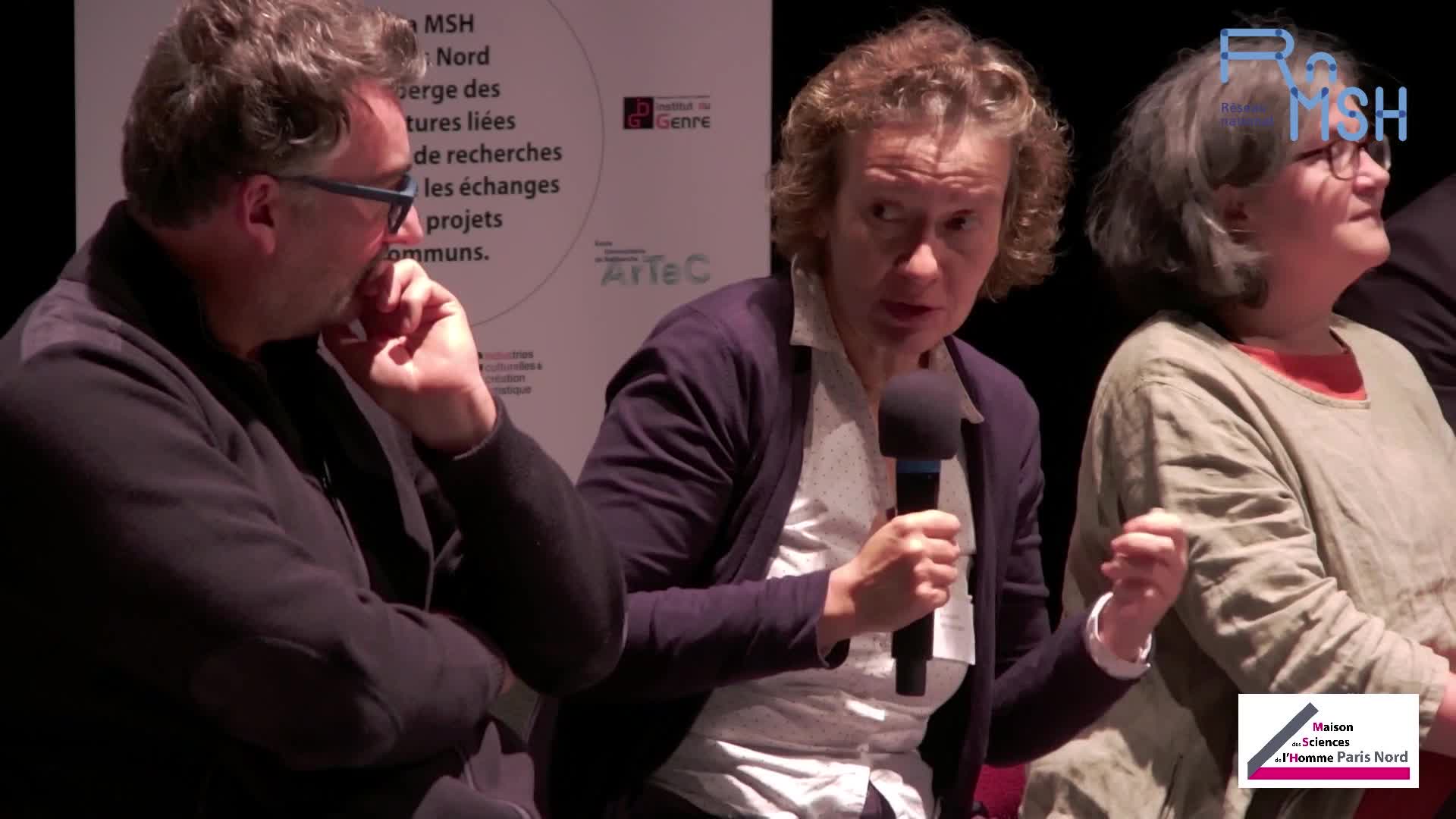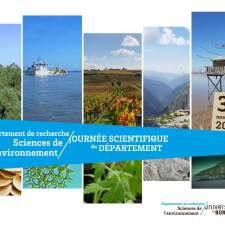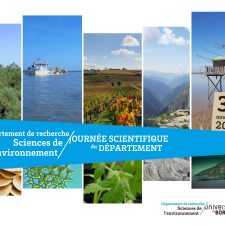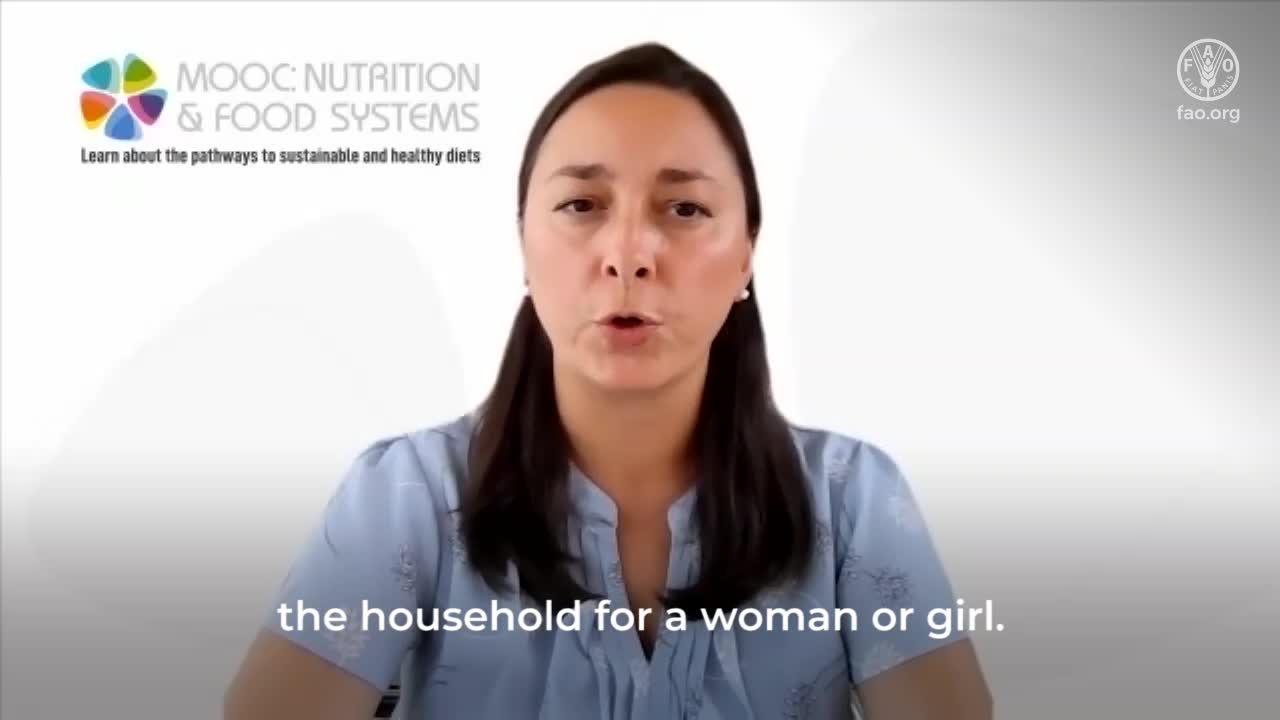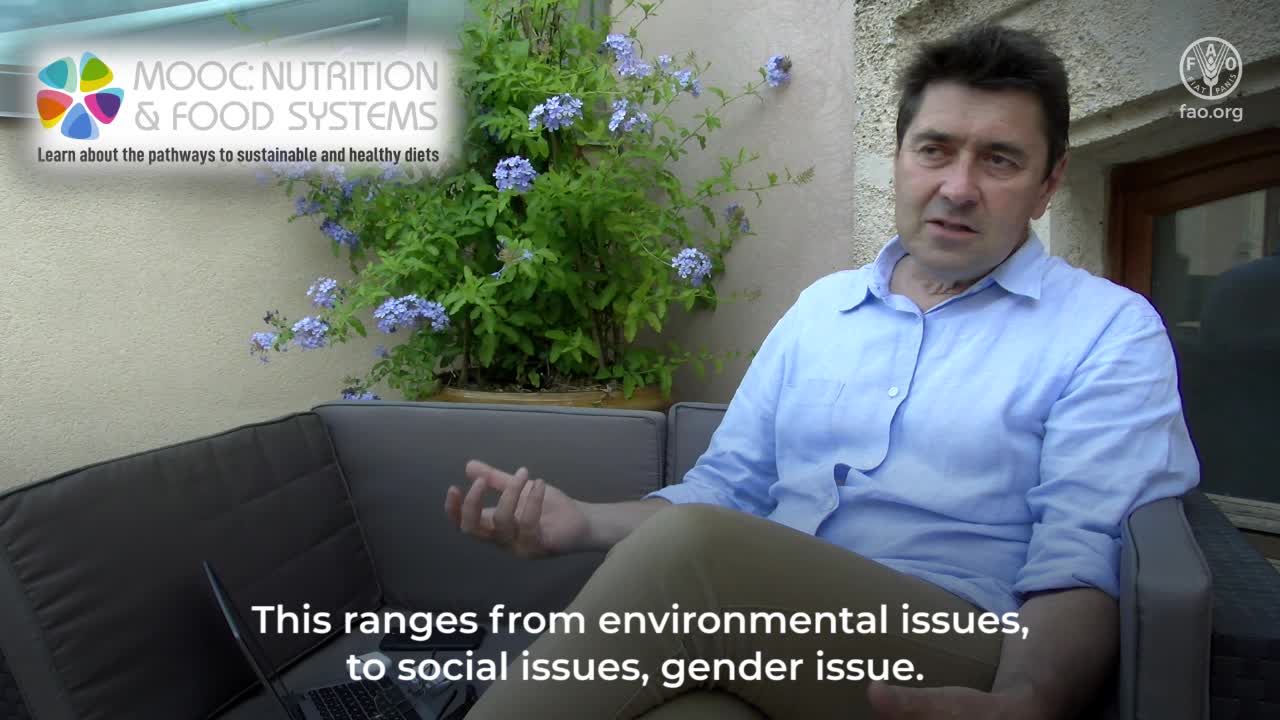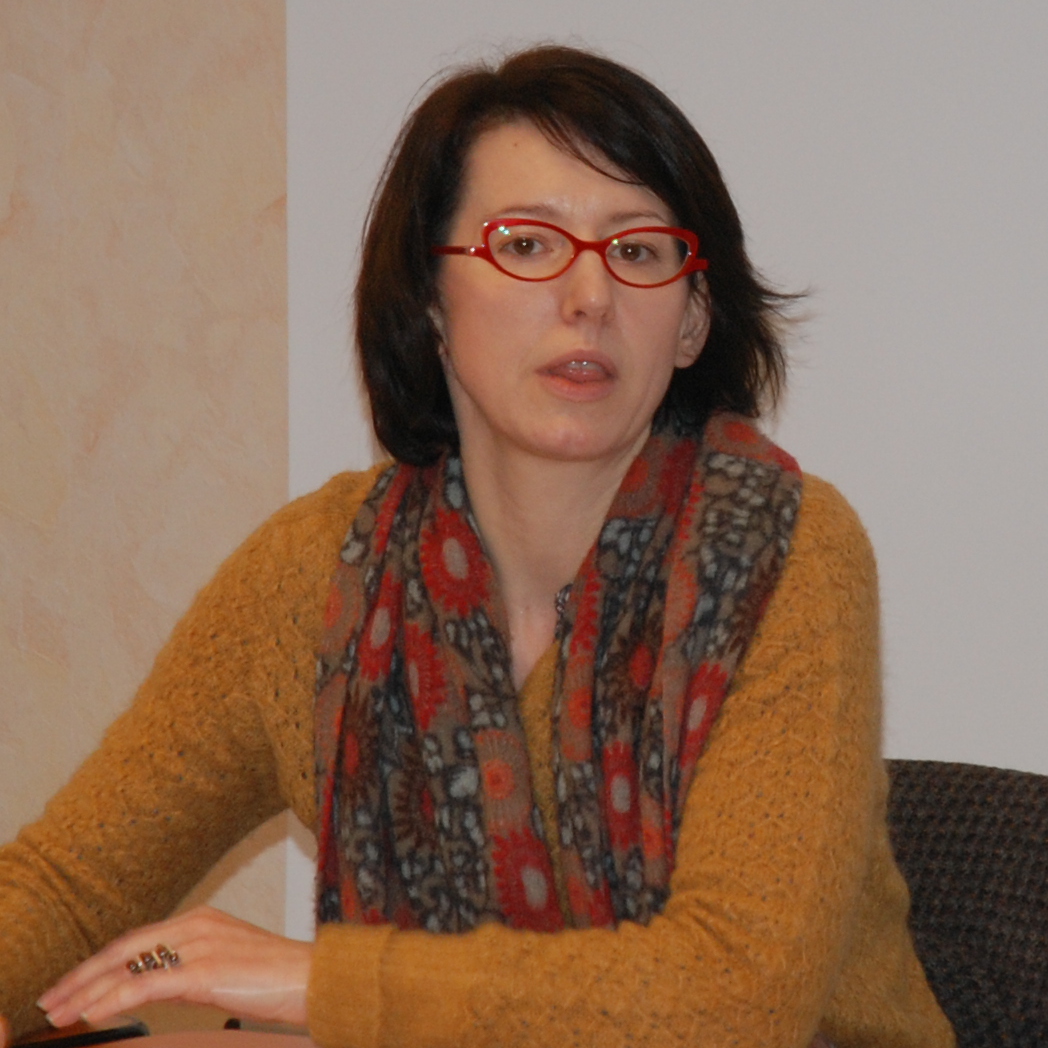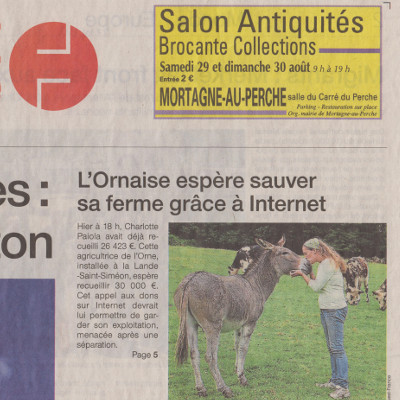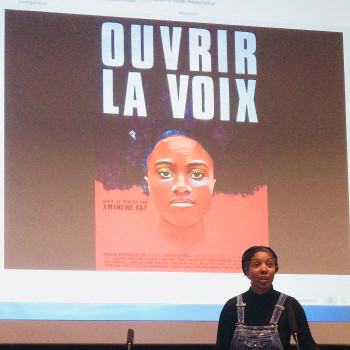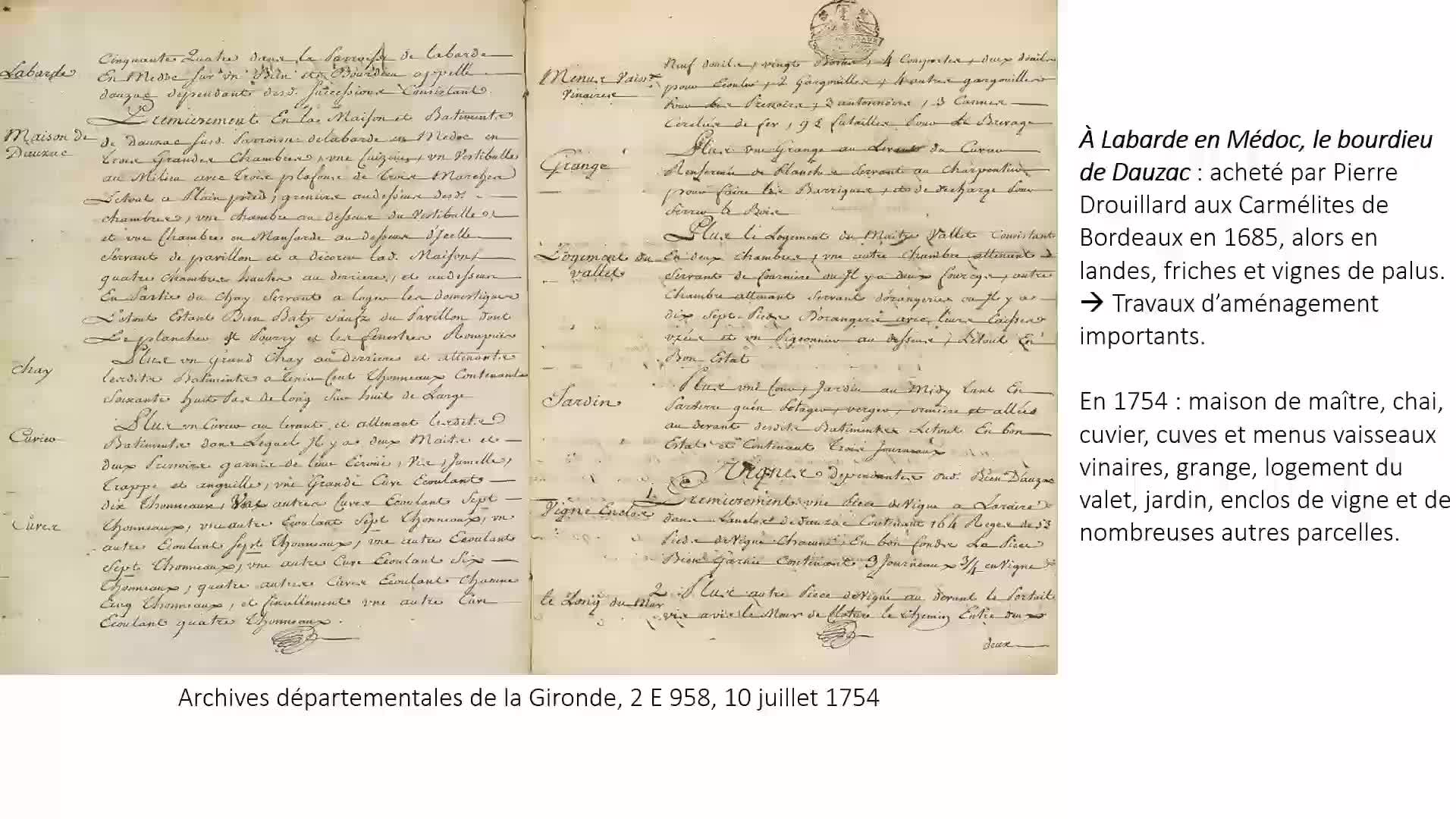Chapitres
- Introduction04'52"
- Agriculture in Cambodia's highlands10'28"
- Political and economic change16'28"
- Local responses to a changing world14'41"
- About Tang's story04'38"
Notice
Cashews, Cash, and Cultural Change: The Transformation of Jarai Society in Northeast Cambodia
- document 1 document 2 document 3
- niveau 1 niveau 2 niveau 3
Descriptif
Jonathan Padwe is completing a Ph.D. in anthropology and environmental studies at Yale University. His dissertation, "Garden Variety Histories: Some Notes on Farming at the End of the World" is based on over two years of ethnographic field research with the Jarai of Northeast Cambodia.
Over the past forty years, historic events have transformed the lives of Cambodia's Jarai montagnards, an ethnic minority that inhabits the border region of Cambodia and the Central Highlands of Vietnam. The American-Vietnam War, the American aerial bombardment of Cambodia, resettlement and collectivization under the Khmer Rouge regime, the Vietnamese liberation of Cambodia, and a recent period of rapid development and modernization have transformed not only the landscape the Jarai inhabit, but also the ways they organize themselves as a society.
Today, the rapid intensification of the agricultural system represents a far-reaching transformation of Jarai society: over the past fifteen years, Jarai farmers have stopped fallowing their fields, and have begun to produce cashew for the world market on former rice fields. This shift is occurring at the same time that the traditional common-property regime governing land use is being replaced by a system of private property rights, allowing ethnic-Khmer entrepreneurs and speculators to accumulate land-holdings in an area that was formerly dominated by the highland minorities.
This paper investigates the transformation of Jarai society that accompanies the privatization of land and the shift from subsistence ‘swidden' agriculture to the production of agricultural commodities for the world market. In particular, the paper seeks to combine the approach of scholars working on the question of agricultural intensification with the tradition of economic anthropology rooted in Karl Polanyi's work on traditional and modern economies.
Sur le même thème
-
Le sorgho de saison sèche au Cameroun
TourneuxHenryLe bassin du lac Tchad et la région camerounaise de l’Extrême-Nord où s’inscrit le Diamaré disposent de terres particulières que l’on peut cultiver en saison sèche sans avoir besoin d’irriguer. Ces
-
Table ronde 1 : Quels outils d'accompagnement de ces dispositifs par les MSH et le RnMSH ?
CoulyClaireMhedhbiZohraSultanBenjaminLahlouSaadiHrabanskiMarieVermeerschStéphanieMitteaultFrançoisJouzelJeanLes intervenants revient sur les outils d'accompagnement des MSH et du RnMSH des dispositifs abordés dans les retours d'expérience du matin.
-
Le cadmium, du sol à l'assiette
CornuJean-YvesLors de l’édition 2022 de la « Journée scientifique du Département sciences de l’environnement de l’université de Bordeaux », les 11 unités rattachées au Département se sont relayées pour présenter
-
Transition agroécologique en grandes cultures : des scénarios pour réduire l'usage des pesticides
MacaryFrancisLors de l’édition 2022 de la « Journée scientifique du Département sciences de l’environnement de l’université de Bordeaux », les 11 unités rattachées au Département se sont relayées pour présenter
-
Faire fonctionner le système alimentaire pour de meilleurs résultats. Le point de vue d’experts.
DistefanoFrancescaRolleRosaEntretien avec Francesca Distefano (Experte en genre et politiques, FAO) sur les inégalités de genre dans le système alimentaire et Rosa Rolle (Chef d'équipe industries agro-alimentaires et réduction
-
Pathways, levers, outcomes: making the food system work for better outcomes. A word from the experts
DistefanoFrancescaRolleRosaInterview with Francesca Distefano (Gender and Policy Expert, FAO) on gender inequalities in the food system and Rosa Rolle (Agro-food industries and food loss and waste reduction Team Leader, FAO)
-
Le système alimentaire : dimensions, leviers, résultats, complexité. Le point de vue d’experts
BricasNicolasRazaAhmedInterview de Nicolas Bricas (Researcher in Cirad and Director of the UNESCO Chair of World Food Systems) et Ahmed Raza, Nutrition and Food Systems Officer (FAO), sur l'alimentation et la nutrition.
-
The food system: Dimensions, drivers, outcomes, complexity - A word from the experts
BricasNicolasRazaAhmedThis video is an interview with Nicolas Bricas (Researcher in CIRAD and Director of the UNESCO Chair of World Food Systems) and Ahmed Raza, Nutrition and Food Systems Officer (FAO).
-
La fabrique ordinaire d’inégalités multidimensionnelles
Au plan utopique, le pluralisme égalitaire – qu’il soit culturel, linguistique, alimentaire, religieux, d’orientation sexuelle…- se déploierait sans inégalités ni hiérarchies ni oppressions. Il est
-
Je n'ai jamais fait abattre d'animaux
Dans la littérature scientifique, la perpétuation de la domination masculine en agriculture s’analyse notamment au prisme du divorce (Bessière et Gollac, 2014). A partir d’une étude de cas issue d’une
-
Le documentaire, œuvre d'émancipation et archive afroféministe
La création est un des outils disponibles afin de se réapproprier la narration et affirmer sa subjectivité, dans ce cas précis, celle d’un universel mélaniné. De surcroit, au-delà des enjeux de
-
Spécialisation et identité viticole en Bordelais aux XVII et XVIII siècles : un choix forcé ?
C’est entre les années 1650 et le début du XIXe siècle que les vignobles du Sud-Ouest entrent dans une phase de spécialisation viticole. Par-là, il faut entendre l’orientation vers la production de


